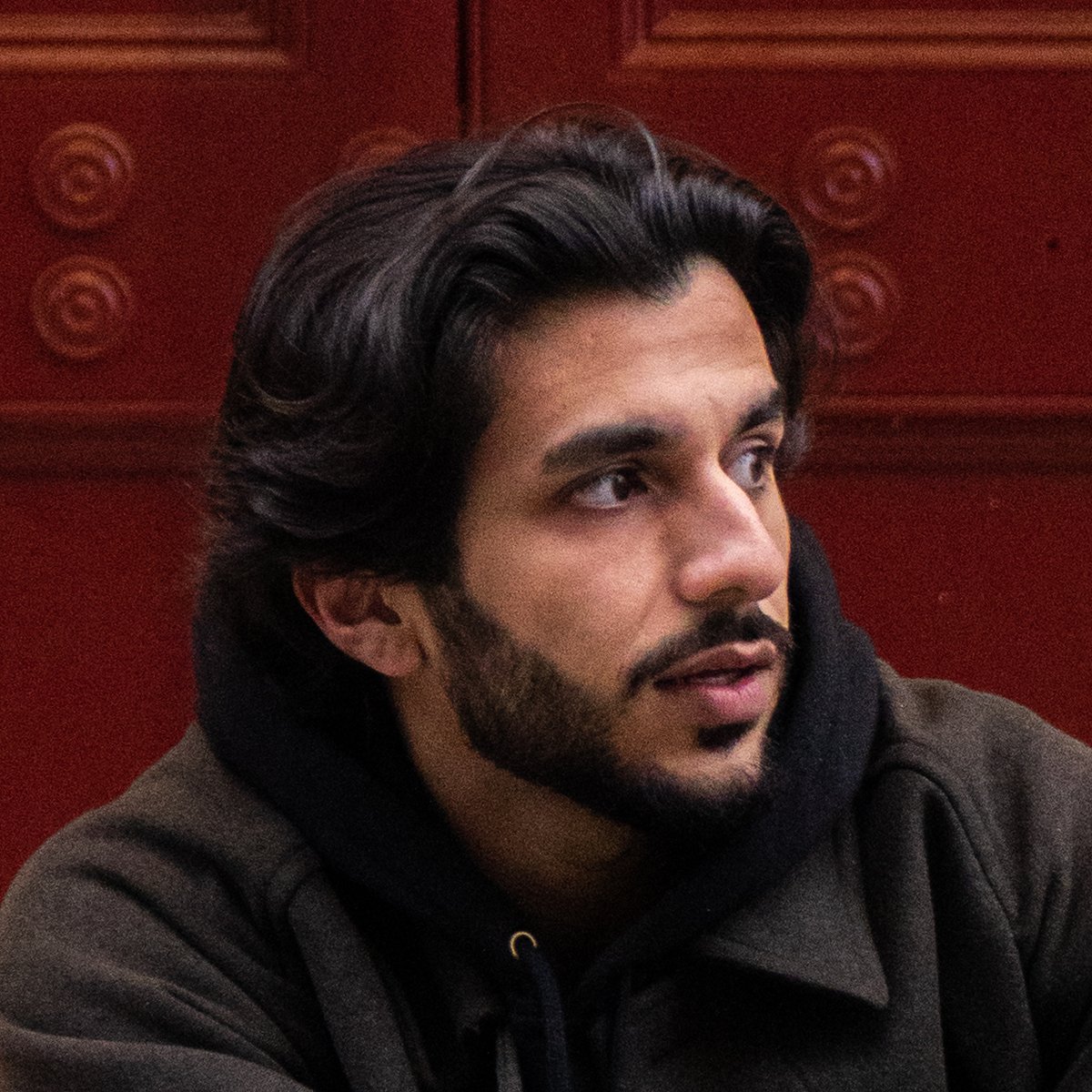This is issue #105 of LifeLemons. 🎉 You can view the rest here.

Yesterday, I stumbled across something pretty interesting.
I’ve been consuming a lot of information lately about the art of storytelling. Not only is it for the sake of improving my creative work, but it’s also pretty damn interesting.
Will Storr’s ‘The Science of Storytelling’ has been a fascinating read so far. On the topic of tribalism, he points out that when a film character does something wrong, we often wish for justice to prevail against them. If someone humiliates an undeserving character, we want them to be humiliated back, preferably in front of everyone else!
However, some storytellers narrate a story from the point of view of an ‘antihero’, a central character who lacks conventional heroic attributes.
Think ‘Walter White’ from Breaking Bad, and why we all felt empathetic towards a ruthless drug dealer.
Here’s why Storr thinks we support ‘antiheroes’:
“But the awkward fact remains that, as we experience the story unfolding in our minds, we seem to enjoy ‘playing’ the antihero. I wonder if this is because, somewhere in the sewers far beneath our hero-making narrators, we know we’re not so lovely. Keeping the secret of ourselves from ourselves can be exhausting. This, perhaps, is the subversive truth of stories about antiheroes. Being freed to be evil, if only in our minds, can be such a joyful relief.”
Sometimes we’re not comfortable enough to visibly support the things we do, so it feels good to see things play out in a way we’d like.
Walter White might be a killer, but we still want him to come out on top. We empathise with his struggle and journey, so we overlook his shortcomings.
Funnily enough, the comedian Andrew Schulz mentioned something similar on the Colin and Samir Podcast (highly recommend — it’s one of my favourites).
Schulz talked about how numerous friends had sent him the same video clip by message, highlighting a controversial opinion that they likely agreed with but were uncomfortable with showing public support towards.
It made me think, is this our way of doing the very opposite of ‘virtue signalling’?
Is this our way of showing support towards the deepest, often darkest things we believe in?
I’ve always known that it’s worth paying attention to what people pay attention to, but these two examples have given me a lot to think about.
Can you relate to supporting antiheroes in this way? Do you publicise that support?
How do you share your unpopular opinions with other people, if at all?
I’d love to know.
-Faisal
🍋 Are You Enjoying This Newsletter?
Hit and leave a 🍋emoji if you read this far, it's nice to notice my regular readers!
Alternatively, tell me how to improve or share your thoughts with me. I'd appreciate it just as much!
📌 Quote of The Week
"For anyone trying to discern what to do w/ their life: PAY ATTENTION TO WHAT YOU PAY ATTENTION TO. that’s pretty much all the info u need.”
— Amy Krouse Rosenthal
I’m creating a series of meaningful video projects on Youtube (self-improvement, philosophy, productivity, intentional living etc.)
They’re short, packed with value and always getting better.
👉 Join 2260+ Subscribers on Youtube by subscribing here.
🤓 About Me
I'm Faisal, a Doctor working in the NHS who writes online and makes Youtube videos on self-development, intentional living and doing the things that matter.
I love writing, storytelling, filmmaking, entrepreneurship and innovating in medical education spaces. If you'd like to go down the rabbit hole and find out more about me, the links below are a good place to start:
Links: Gear | Book Recommendations | Book Notes | Skillshare Classes |My SFP Book | CST Interview Course
Disclaimer: I use affiliate links in this newsletter (always honest recommendations). They give me a small kickback with no extra cost to you.


